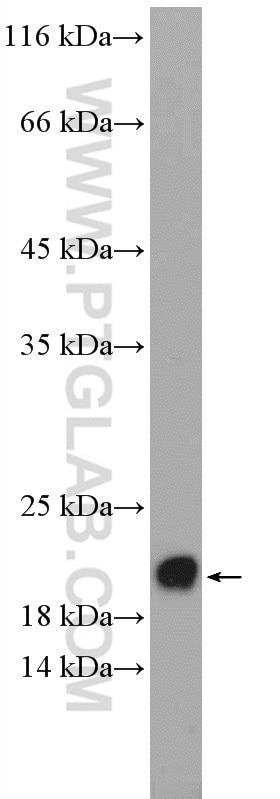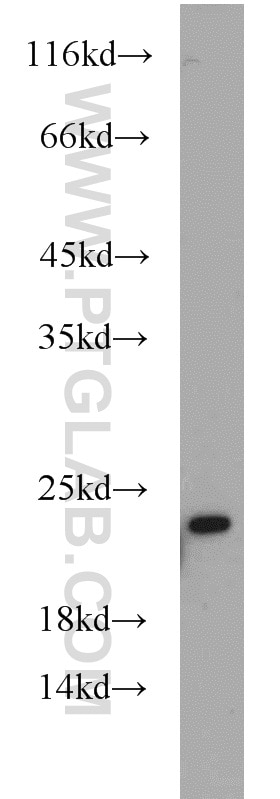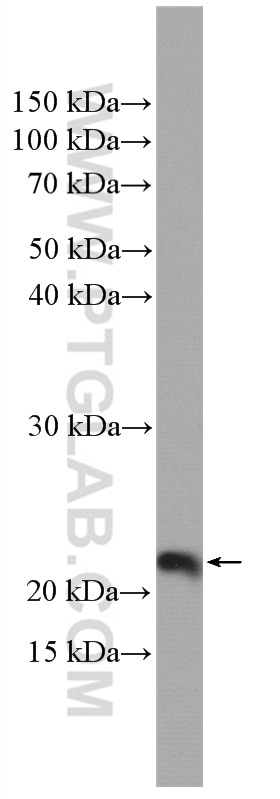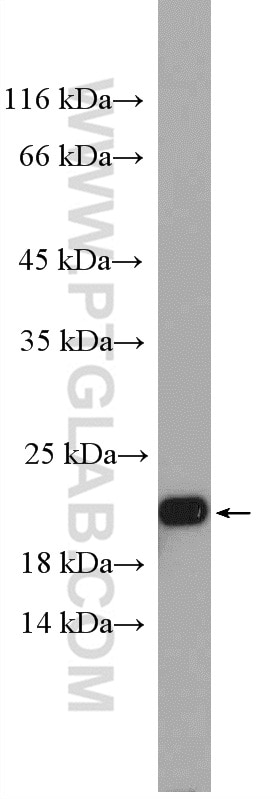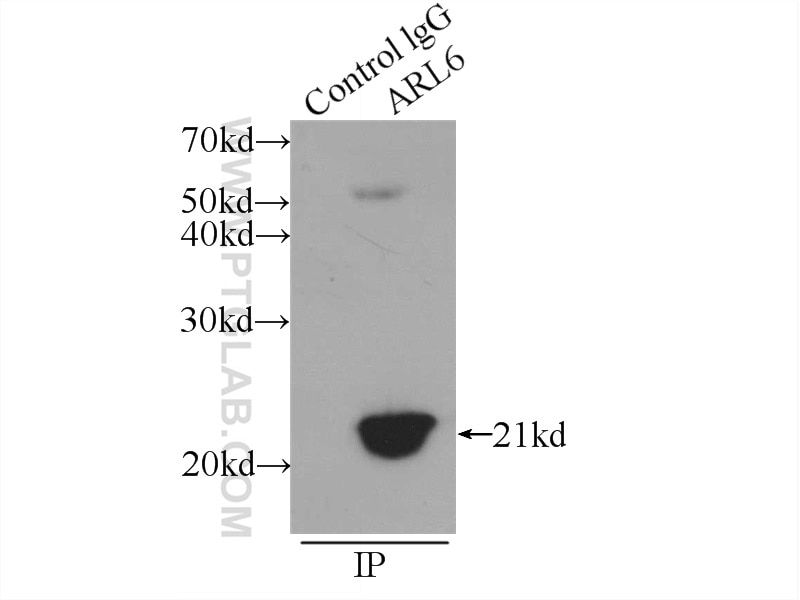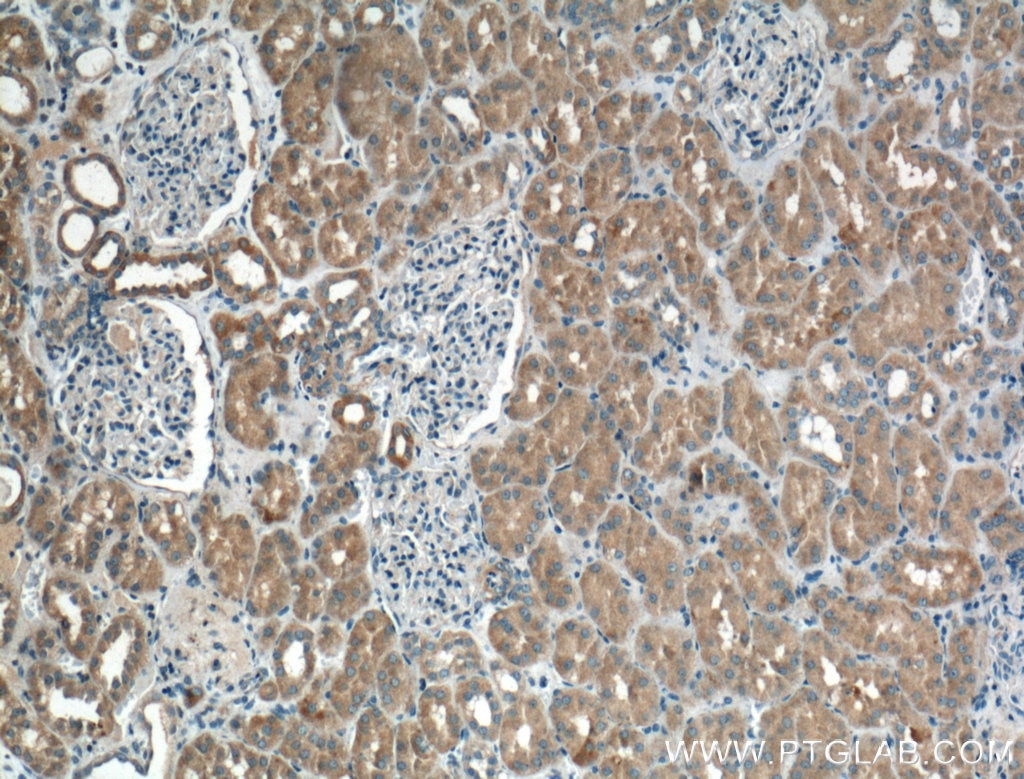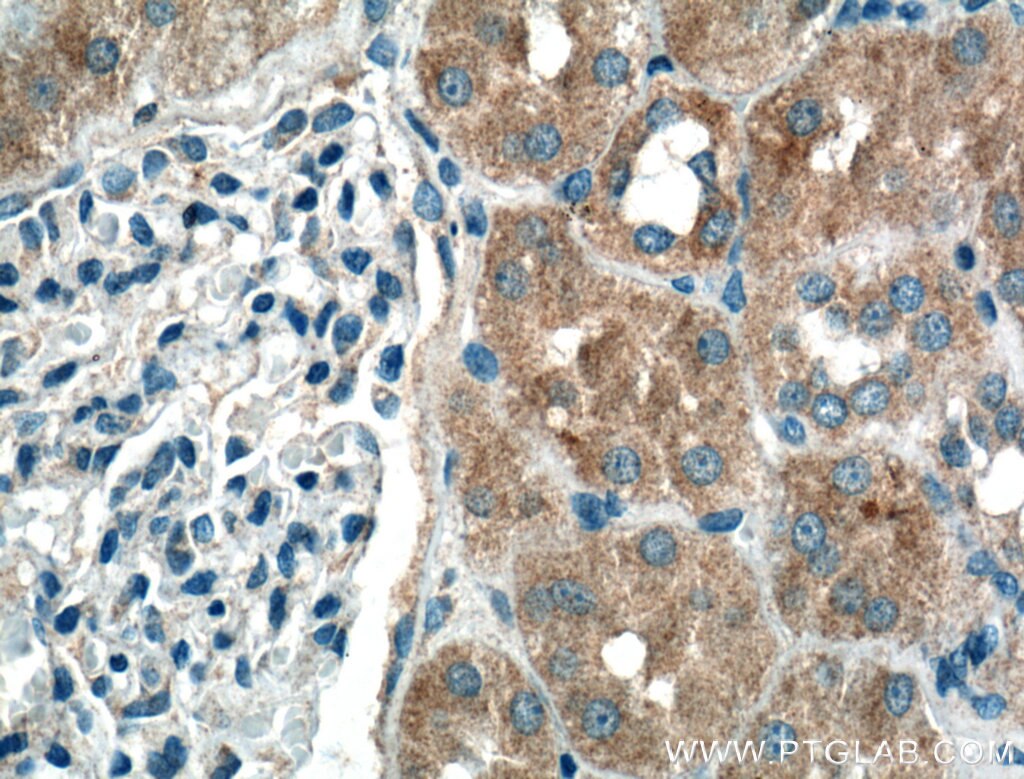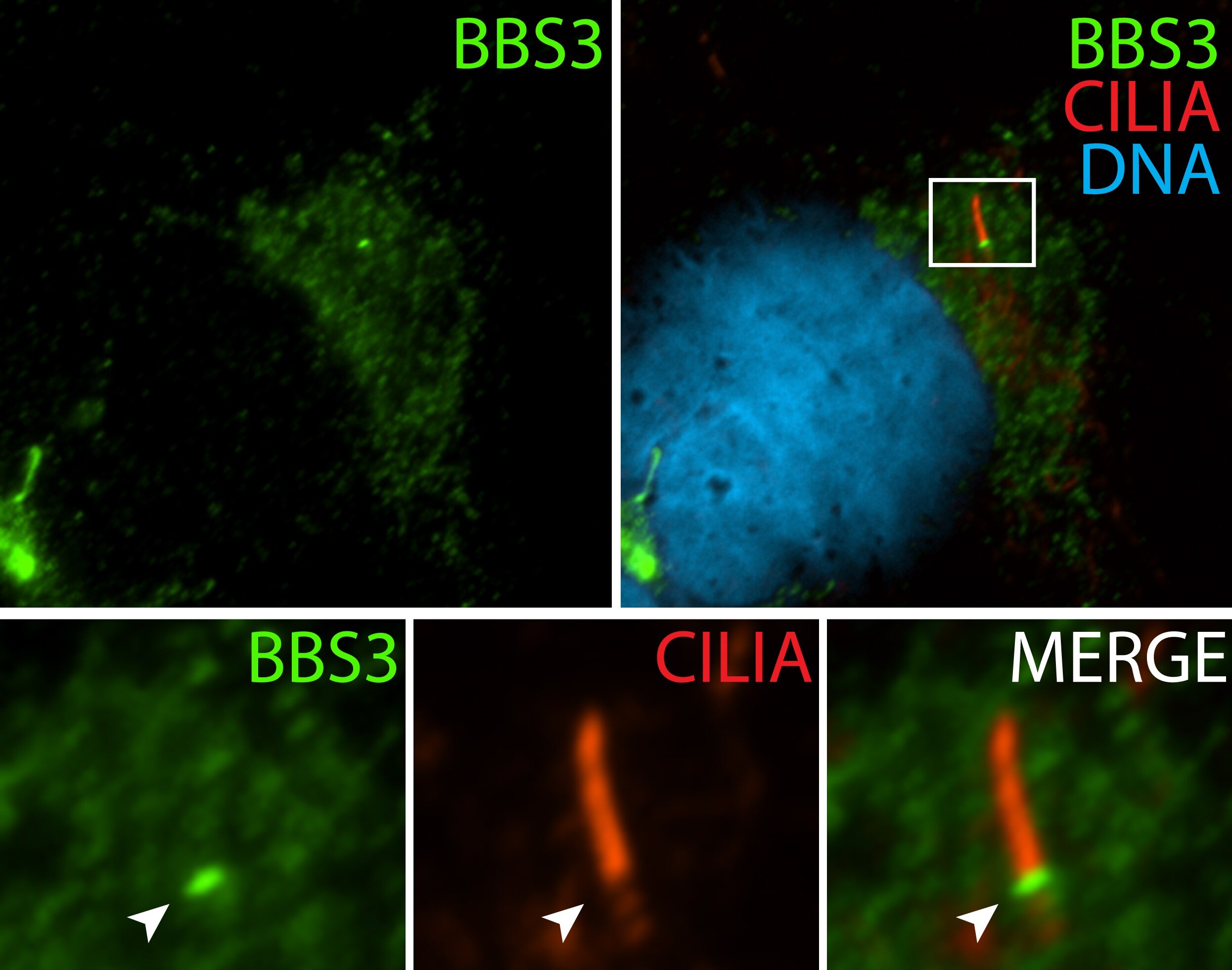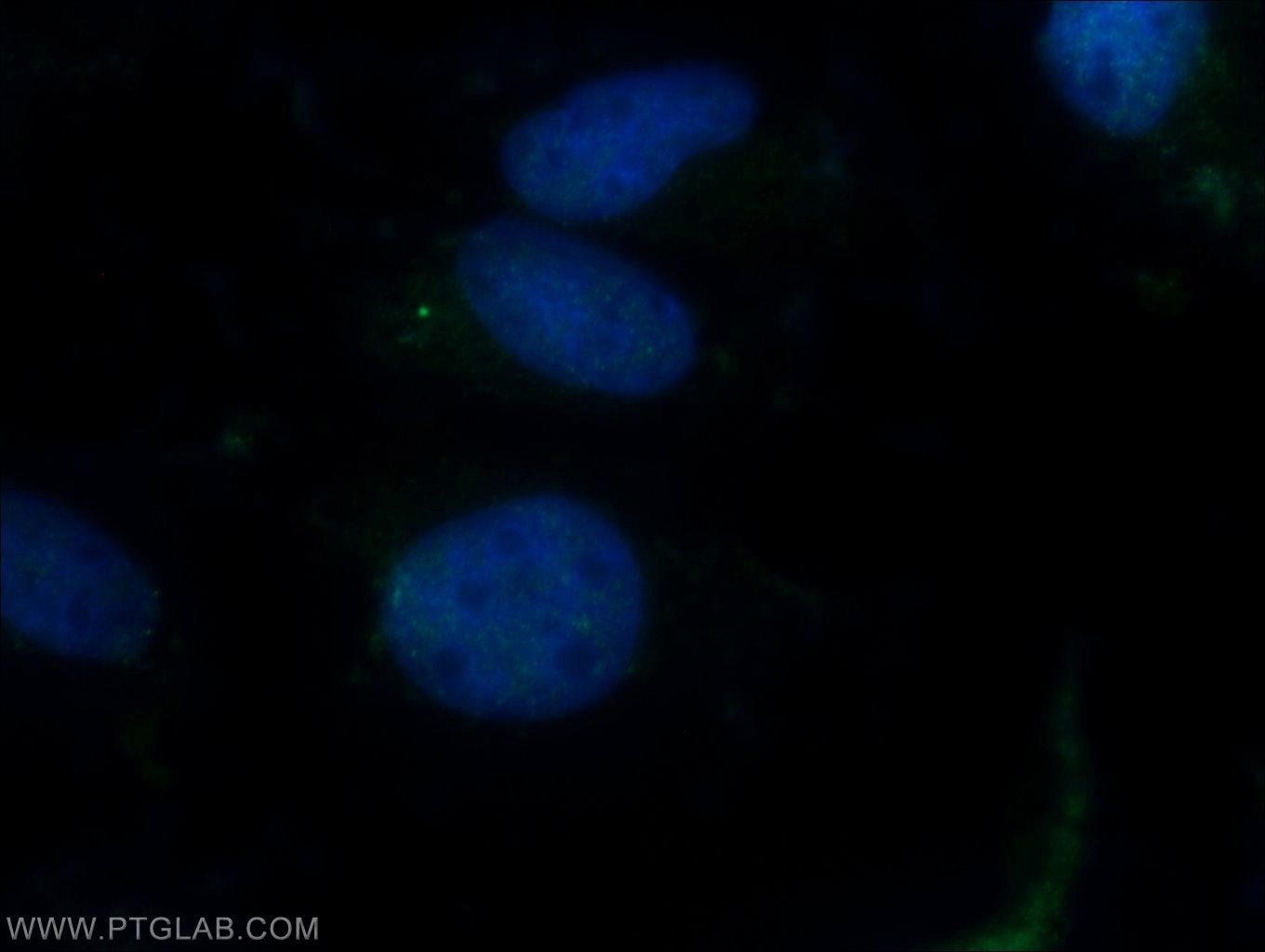Tested Applications
| Positive WB detected in | rat brain tissue, HEK-293T cells, human brain tissue, mouse brain tissue |
| Positive IP detected in | rat brain tissue |
| Positive IHC detected in | human kidney tissue Note: suggested antigen retrieval with TE buffer pH 9.0; (*) Alternatively, antigen retrieval may be performed with citrate buffer pH 6.0 |
| Positive IF/ICC detected in | hTERT-RPE1 cells, MDCK cells |
Recommended dilution
| Application | Dilution |
|---|---|
| Western Blot (WB) | WB : 1:500-1:2000 |
| Immunoprecipitation (IP) | IP : 0.5-4.0 ug for 1.0-3.0 mg of total protein lysate |
| Immunohistochemistry (IHC) | IHC : 1:50-1:500 |
| Immunofluorescence (IF)/ICC | IF/ICC : 1:20-1:200 |
| It is recommended that this reagent should be titrated in each testing system to obtain optimal results. | |
| Sample-dependent, Check data in validation data gallery. | |
Published Applications
| KD/KO | See 2 publications below |
| WB | See 8 publications below |
| IHC | See 1 publications below |
| IF | See 4 publications below |
Product Information
12676-1-AP targets BBS3 in WB, IHC, IF/ICC, IP, ELISA applications and shows reactivity with human, mouse, rat, canine samples.
| Tested Reactivity | human, mouse, rat, canine |
| Cited Reactivity | human, mouse |
| Host / Isotype | Rabbit / IgG |
| Class | Polyclonal |
| Type | Antibody |
| Immunogen | BBS3 fusion protein Ag3363 Predict reactive species |
| Full Name | ADP-ribosylation factor-like 6 |
| Calculated Molecular Weight | 186 aa, 21 kDa |
| Observed Molecular Weight | 21 kDa |
| GenBank Accession Number | BC024239 |
| Gene Symbol | ARL6/BBS3 |
| Gene ID (NCBI) | 84100 |
| RRID | AB_2058675 |
| Conjugate | Unconjugated |
| Form | Liquid |
| Purification Method | Antigen affinity purification |
| UNIPROT ID | Q9H0F7 |
| Storage Buffer | PBS with 0.02% sodium azide and 50% glycerol, pH 7.3. |
| Storage Conditions | Store at -20°C. Stable for one year after shipment. Aliquoting is unnecessary for -20oC storage. 20ul sizes contain 0.1% BSA. |
Background Information
ADP-ribosylation factor-like protein 6 (ARL6), belongs to a small GTPase superfamily, is involved in membrane protein trafficking at the base of the ciliary organelle. ARL6 is also named Bardet-Biedl syndrome 3 protein, because defects in ARL6 are a cause of Bardet-Biedl syndrome type 3 (BBS3), which is a genetically heterogeneous disorder characterized by usually severe pigmentary retinopathy, early onset obesity, polydactyly, hypogenitalism, renal malformation and mental retardation. ARL6 can interact with many ARL6 interacting proteins and form BBSome complex with other BBS proteins including BBS1, BBS2, BBS4 and so on.
Protocols
| Product Specific Protocols | |
|---|---|
| WB protocol for BBS3 antibody 12676-1-AP | Download protocol |
| IHC protocol for BBS3 antibody 12676-1-AP | Download protocol |
| IF protocol for BBS3 antibody 12676-1-AP | Download protocol |
| IP protocol for BBS3 antibody 12676-1-AP | Download protocol |
| Standard Protocols | |
|---|---|
| Click here to view our Standard Protocols |
Publications
| Species | Application | Title |
|---|---|---|
EMBO J Rabl2 GTP hydrolysis licenses BBSome-mediated export to fine-tune ciliary signaling. | ||
Proc Natl Acad Sci U S A ARL13B, PDE6D, and CEP164 form a functional network for INPP5E ciliary targeting.
| ||
J Cell Biol Distinct roles of Kif6 and Kif9 in mammalian ciliary trafficking and motility | ||
PLoS Genet BBSome function is required for both the morphogenesis and maintenance of the photoreceptor outer segment. | ||
Bone Bardet-Biedl Syndrome 3 regulates development of cranial base midline structures.
|
